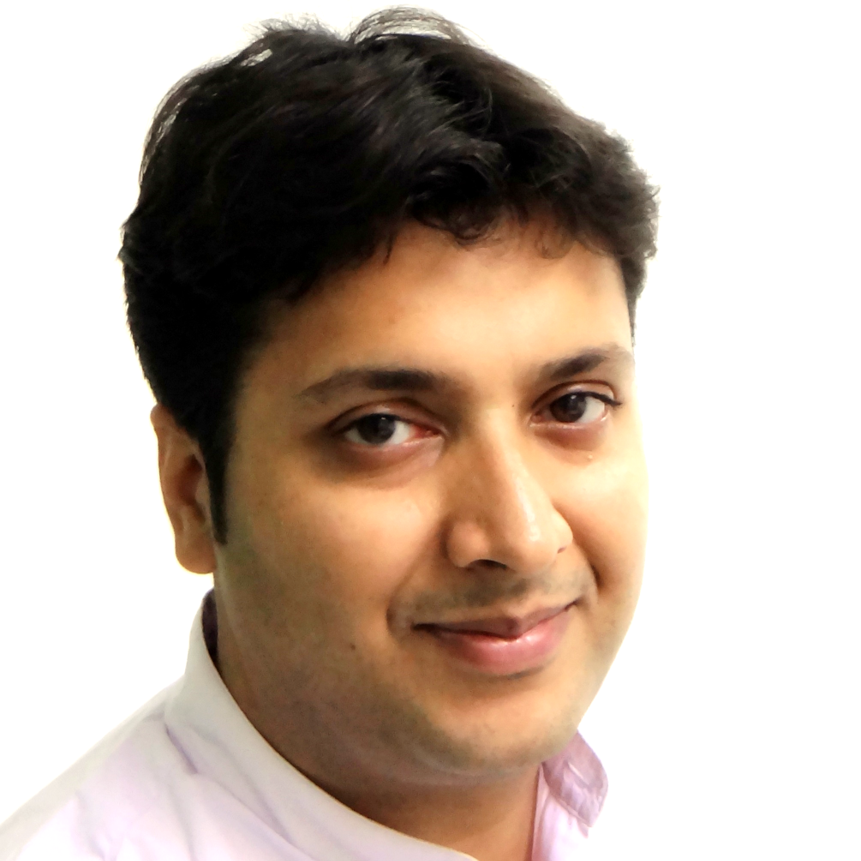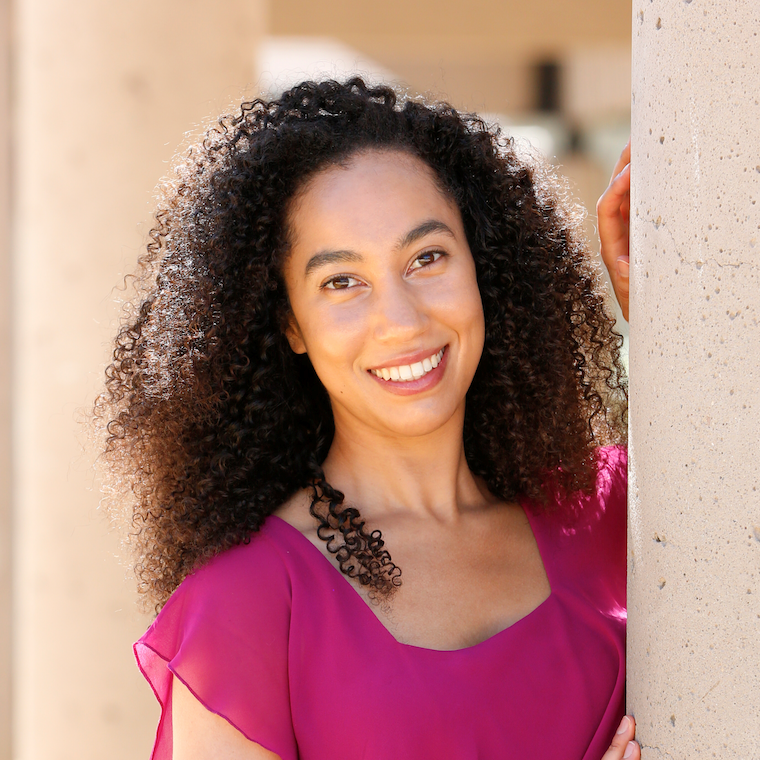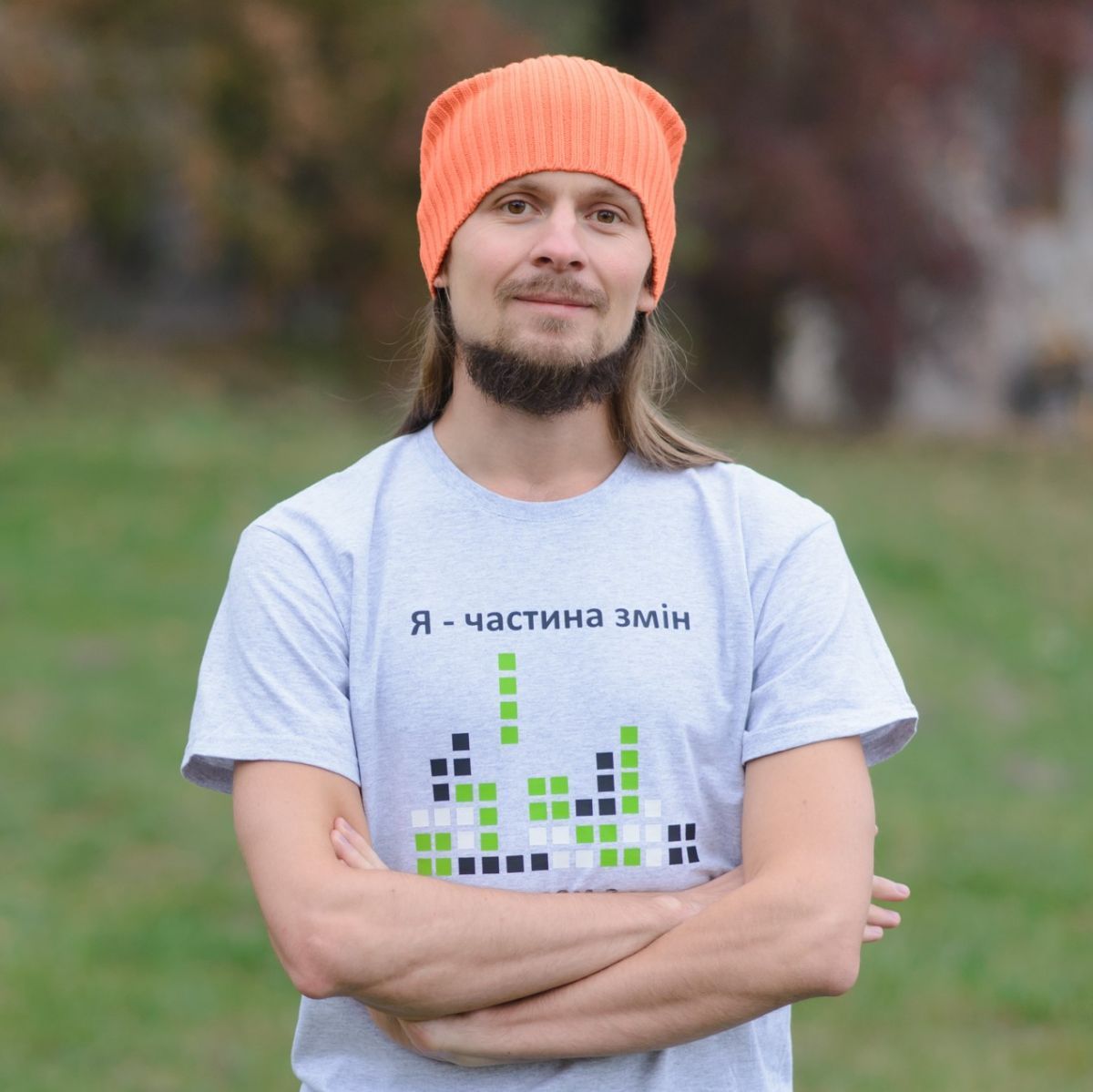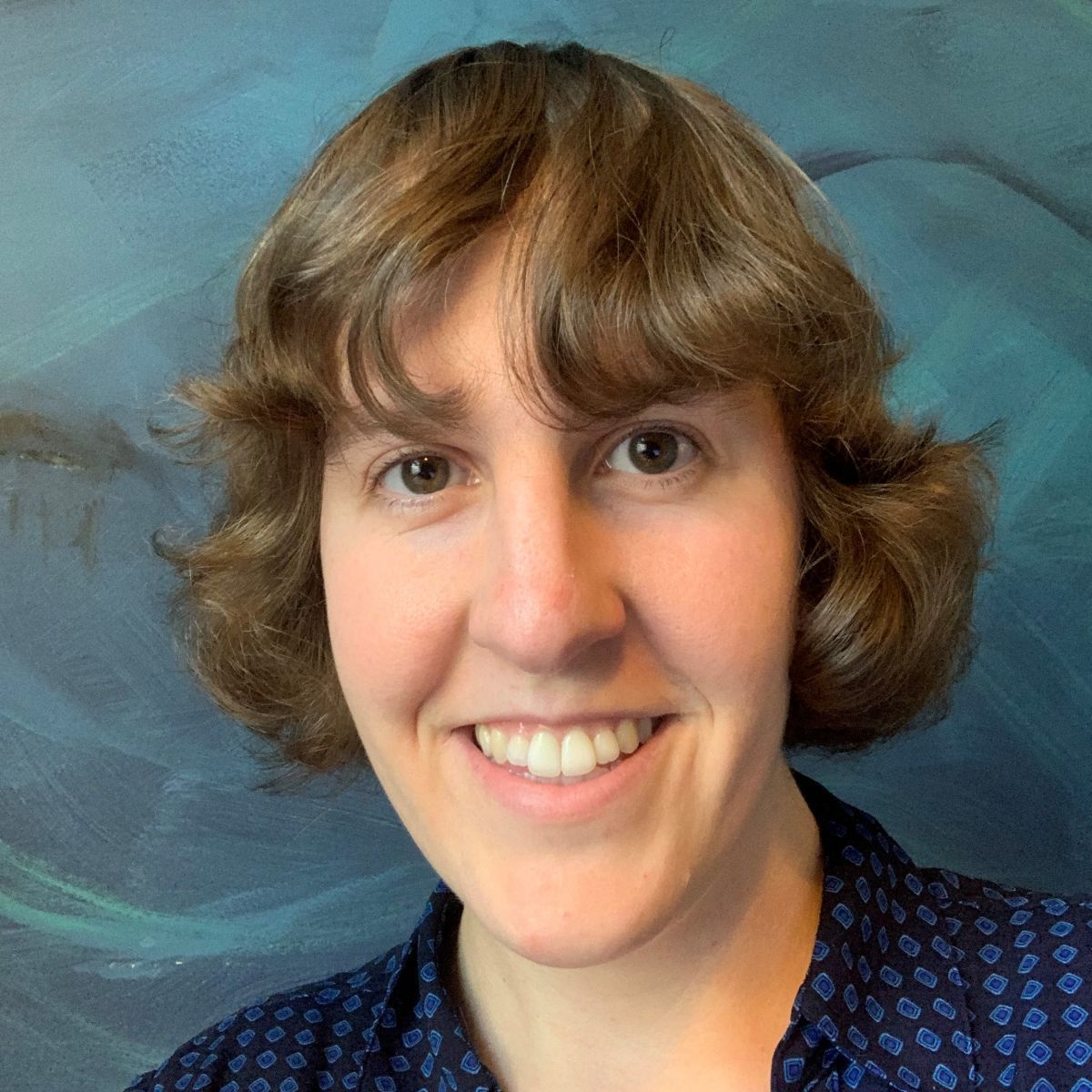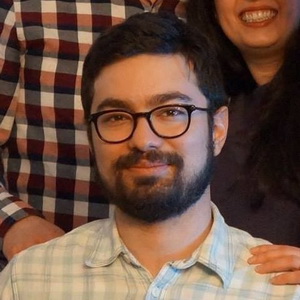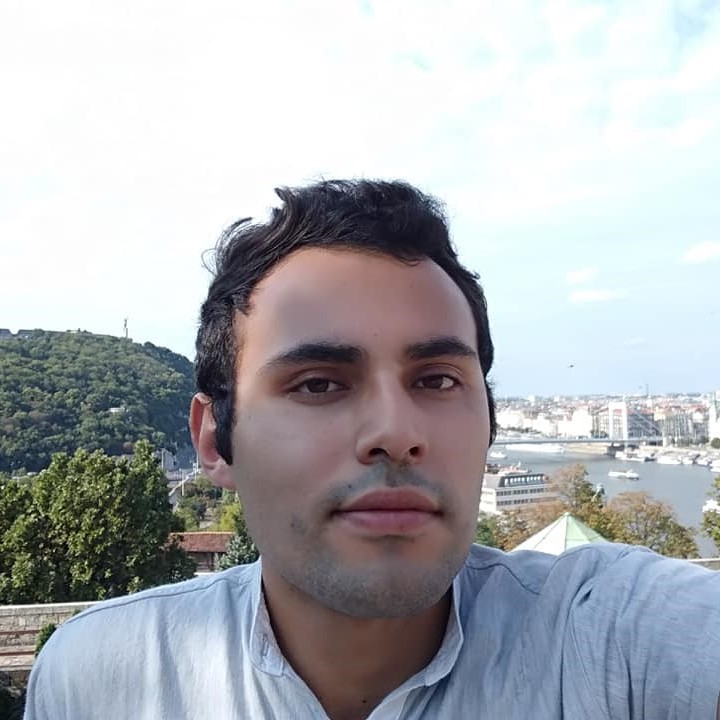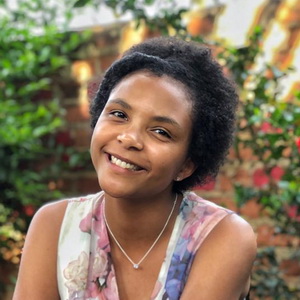We Can’t Breathe: Story of a Pollution Migrant
We have lost the right to breathe fresh air. We must transform all the elements of the take-make-waste system to build thriving cities.
India, Southern Asia
Story by Piyush Dhawan. Edited by Melaina Dyck
Published on May 9, 2021.
Reading time: 4 minutes
This story is also available in 


Listen to this story:
Take a deep breath and hold it for the next seven months because, coming September, all of us in New Delhi will go through the same ordeal that we have been going through for the past five years.
Runny noses, itchy eyes and throats, stifled lungs: The air is so suffocating and poisonous that we make an extra effort to just breathe!
There will be blame-games between State Governments, like there are every year. Some reports will be released with startling facts about how we will all die ten years pre-maturely. We will see advertisements for Air Purifiers and Canadian Air. Imagine: the only two things that humans need for survival—Air and Water—are now both sold in containers.
I was born in this city and it kills me seeing my city die! Slowly, every day! Recently, we saw a wave of smart, highly qualified Delhiites leaving the city for better air quality.
Pollution Migrants, they call us! We are left with no option but to leave our city.
10 of the world’s 15 most polluted cities are in India and the world's 10 fastest-growing cities are all in India!
The economist in me says it’s a great thing—we would be the powerhouse of the world—but the environmentalist in me is skeptical.
With only 1% of the world’s landmass, cities are home to over half of the human population. They account for 85% of global GDP. To sustain this population, and generate all this GDP, cities have a huge appetite. They account for 75% of natural resource consumption, 50% of global waste production, and 70% of greenhouse gas emissions.
I was inspired by a TED talk by Dame Ellen MacArthur who, living alone on her yacht for more than two months, was nagged by the question: how can our world continue to function with the economic model of the last two centuries? MacArthur asked: what if we could not only protect, but actively improve the environment? After hearing her talk, I wondered for weeks: what would happen if our resources ran out? Then, I had an epiphany! I started looking at cities as hidden riches of resources! From buildings to electronic waste, we are surrounded by value.
I imagine cities that are self-sufficient in meeting their material needs–reducing natural resource consumption and waste production. I see cities full of green spaces, providing sanctuaries for people and other species. I see cities as socially inclusive, utilizing the strengths of the millions of migrants who come to them.
I strongly believe that the current system is no longer working for businesses, people or the environment. For decades, India has been competing with China in a race for economic growth! The challenge with such a competition is that there are more losers than winners. We have lost the right to breathe fresh air and drink clean water. We have lost our local biodiversity. The disparity between the haves and have-nots is at its highest level. At this tipping point, we need to decide whether we blindly follow the growth saga or follow a vision that is inclusive and just!
70% of the building infrastructure in India projected for 2030 is yet to be built. Imagine transforming how we manage and use the enormous resources we will need for future citizens. We can mainstream climate and migration into development planning, and address the drivers of poverty and food insecurity. Migration should be a choice. Then, we can create a thriving economy that benefits everyone within the limits of our planet. We have a right to breathe clean air. Let’s build cities that recognize this fundamental human right.
How does this story make you feel?
Follow-up
Do you have any questions after reading this story? Do you want to follow-up on what you've just read? Get in touch with our team to learn more! Send an email to [email protected].
Talk about this Story
Please enable cookies to view the comments powered by Disqus.
Subscribe to our Monthly Newsletter
Stay up to date with new stories on Correspondents of the World by subscribing to our monthly newsletter:
Tags
Topic: Environment
> United States
California’s Other Pandemic
A story by Elspeth Mathau
5 min
We had wildfire evacuation warnings when I was a child, but the threat is now so severe that we packed bags with whichever mementos and essential items we could fit in our car, to prepare to flee if conditions worsened. Read more...
> Ukraine
Ask, not tell: how government should engage communities on climate change
A story by Illia Yeremenko
4 min English Audio available
Communities and local NGOs know better than the government about environment policies. Communities should lead the energy transition in Ukraine. Read more...
> United States
Fire, Flood and Fury: Voting for the Climate
A story by Melaina Dyck
5 min
I am in the first generation to grow up in the climate crisis. My environmentalist journey began with fire. Read more...
Explore other Topics
Get involved
At Correspondents of the World, we want to contribute to a better understanding of one another in a world that seems to get smaller by the day - but somehow neglects to bring people closer together as well. We think that one of the most frequent reasons for misunderstanding and unnecessarily heated debates is that we don't really understand how each of us is affected differently by global issues.
Our aim is to change that with every personal story we share.
Community Worldwide
Correspondents of the World is not just this website, but also a great community of people from all over the world. While face-to-face meetings are difficult at the moment, our Facebook Community Group is THE place to be to meet other people invested in Correspondents of the World. We are currently running a series of online-tea talks to get to know each other better.











